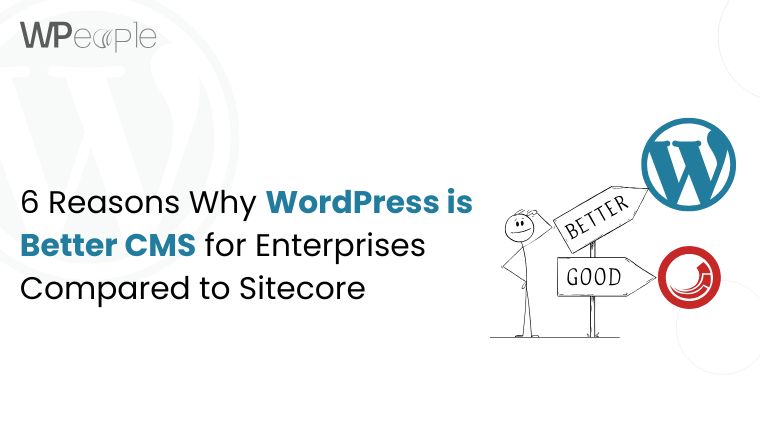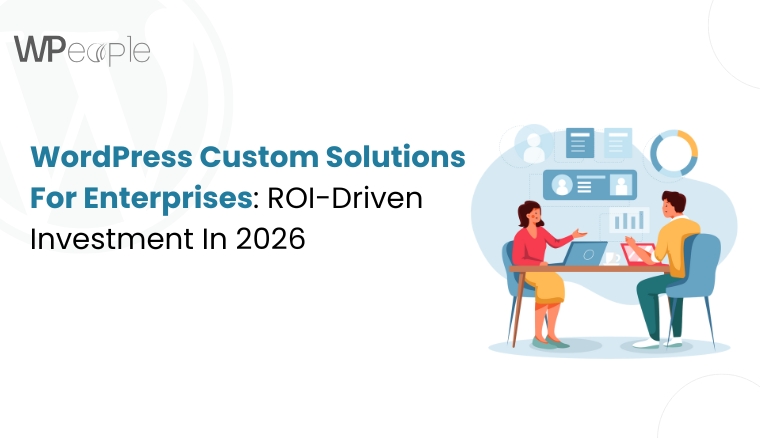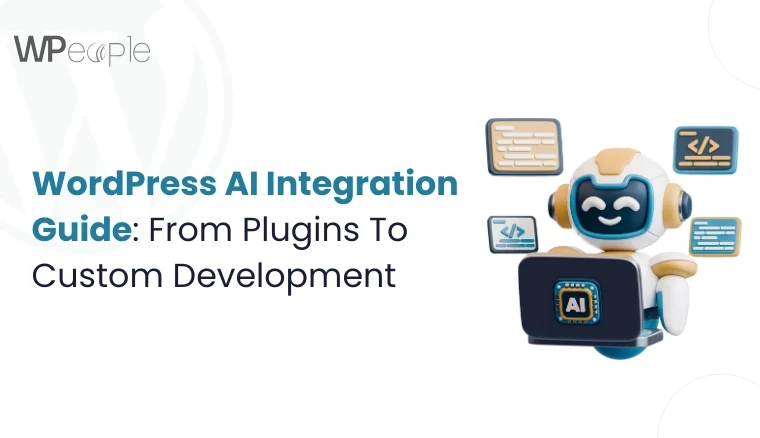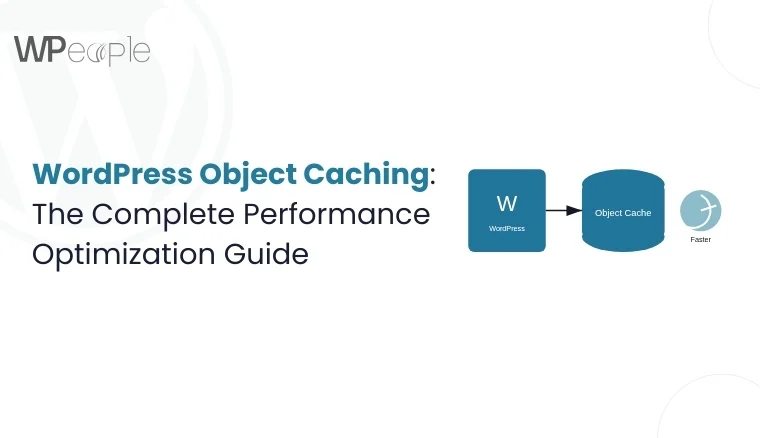
Introduction
Choosing the right content management system (CMS) is a critical decision for enterprises. It can affect everything from website performance and scalability to marketing efficiency and operational costs. Two major players in the CMS market are WordPress and Sitecore. While Sitecore is often seen as a premium choice, WordPress consistently proves to be the better option for enterprises. Let’s break down six compelling reasons why WordPress outshines Sitecore.
1. Cost-Effectiveness
WordPress: The Budget-Friendly Solution
WordPress is an open-source platform, meaning it’s free to use. Enterprises only need to cover the costs of hosting, premium themes, plugins, and any custom development they may require. Even with these additional expenses, the overall cost of running a WordPress-powered site remains significantly lower than Sitecore.
Sitecore: A Premium CMS with Premium Costs
Sitecore operates on a licensing model that can cost tens or even hundreds of thousands of dollars annually. On top of that, enterprises must budget for implementation, ongoing maintenance, and specialized developers, which adds to the total cost of ownership. For organizations looking to maximize ROI, WordPress offers a far more economical solution.
2. Ease of Use
WordPress: Designed for Everyone
WordPress is renowned for its user-friendly interface. Its intuitive dashboard allows non-technical users to manage content, update pages, and even install plugins with minimal training. Whether it’s a marketing team or a site administrator, WordPress empowers users at all levels to take control of their website.
Sitecore: Complexity at a Cost
Sitecore, while powerful, has a steep learning curve. Its interface is tailored for developers and technical users, making it less accessible to marketing teams or non-technical staff. This reliance on specialists can slow down workflows and increase operational costs, making WordPress a more efficient choice.
3. Scalability and Flexibility
WordPress: Unlimited Possibilities
WordPress offers unmatched scalability and flexibility. With over 60,000 plugins and thousands of themes, enterprises can customize their websites to meet specific needs. From e-commerce solutions like WooCommerce to advanced SEO tools, WordPress provides a modular approach that grows with your business.
Sitecore: Limited by Design
While Sitecore is scalable, its architecture is rigid, requiring significant custom development for modifications. This makes it less adaptable to changing business needs. In contrast, WordPress allows enterprises to pivot quickly, adding new features or redesigning the site without extensive redevelopment.
4. Global Community and Support
WordPress: Powered by a Thriving Ecosystem
WordPress boasts a massive global community of developers, designers, and enthusiasts. This community ensures constant innovation, regular updates, and a wealth of free resources like forums, tutorials, and guides. If enterprises encounter issues, they can quickly find solutions or hire experts from a vast talent pool.
Sitecore: Limited Expertise and Resources
Sitecore support primarily comes from its vendor and certified partners. While this ensures quality, it also limits options and increases costs. Finding experienced Sitecore developers can be challenging and expensive, whereas WordPress experts are widely available and more affordable.
5. SEO and Marketing Capabilities
WordPress: A Marketer’s Dream
WordPress is built with SEO in mind. Its structure ensures clean code and fast load times, both critical for search engine rankings. Additionally, plugins like Yoast SEO and Rank Math make optimizing content effortless, providing real-time suggestions for improving keywords, meta descriptions, and readability.
Sitecore: Complex and Resource-Intensive
While Sitecore offers advanced marketing tools, its SEO capabilities often require additional configurations or integrations. This complexity can slow down marketing efforts, making WordPress the better choice for enterprises prioritizing digital marketing and organic growth.
6. Faster Time-to-Market
WordPress: Speed and Efficiency
WordPress enables rapid deployment of websites, thanks to its pre-built themes and plugins. Enterprises can launch new sites or features in weeks rather than months. This speed is crucial in today’s fast-paced digital landscape, where being first to market can provide a competitive edge.
Sitecore: Lengthy Development Cycles
Sitecore projects often involve lengthy planning, development, and testing phases. While this can result in highly customized solutions, it delays time-to-market, which can be detrimental for enterprises needing quick turnarounds. WordPress, with its ready-to-use solutions, eliminates these bottlenecks.
Conclusion
While both WordPress and Sitecore offer robust CMS capabilities, WordPress stands out for its cost-efficiency, user-friendliness, scalability, vibrant developer community, and SEO-readiness. For enterprises aiming to streamline content operations, reduce overhead, and accelerate time-to-market, migrating from Sitecore to WordPress is a strategic move. If you’re considering making the switch, our Sitecore to WordPress migration service ensures a seamless transition with minimal disruption—empowering your team with a flexible, future-ready platform.
FAQs
1. What makes WordPress more cost-effective than Sitecore?
WordPress is open-source, eliminating licensing fees, while Sitecore’s premium model involves significant costs for licensing, implementation, and maintenance.
2. Can WordPress handle enterprise-level traffic?
Yes, WordPress can handle millions of visitors with the right hosting and optimization strategies, such as using a content delivery network (CDN) and caching plugins.
3. How does WordPress ensure security for enterprises?
WordPress offers robust security measures, including plugins like Wordfence and Sucuri, regular updates, and best practices like two-factor authentication and SSL encryption.
4. Is Sitecore better for specific industries?
Sitecore may suit industries requiring complex personalization and marketing automation, but its high costs and complexity make it less appealing for most enterprises.
5. How can enterprises migrate from Sitecore to WordPress?
Migrating from Sitecore to WordPress involves data transfer, theme development, and plugin integration. Hiring a WordPress migration expert can ensure a smooth and efficient transition.
Consult with Our WordPress Experts On:
- WooCommerce Store
- Plugin Development
- Support & maintenance




